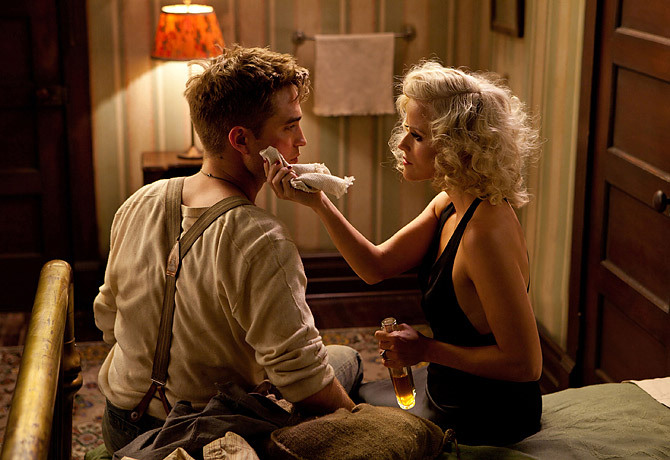Water for Elephants
Polish pachyderm
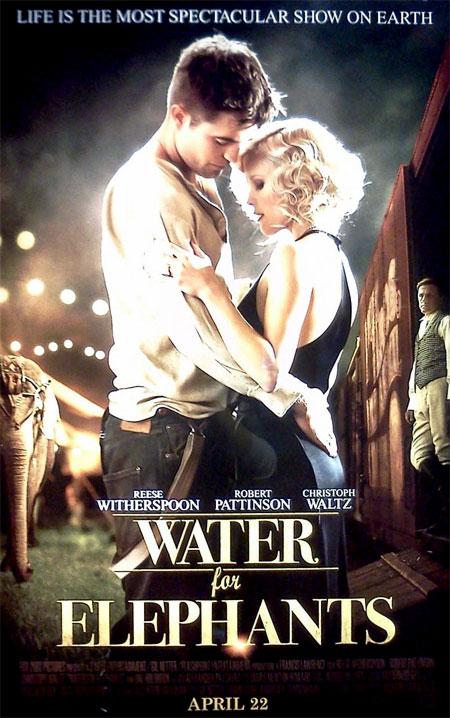
In my life as cinephile I’ve seen some movies about the Great Depression, others about circuses and a lot of dramas. But, it was a surprise to find all this in a single film, the beautiful drama “Water for Elephants” (USA, 2011), based on the homonymous book by Sara Gruen.
When the circus people found a 90 years old man in the parking lot, the first impression was it was another elderly who had escaped from an asylum. But when the manager of the circus found out that that nice man, Jacob Jankowski (Hal Holbrook) not only had lived in a circus, but also had experienced the disappearance of one of the most famous circuses, wanted to know more about it.
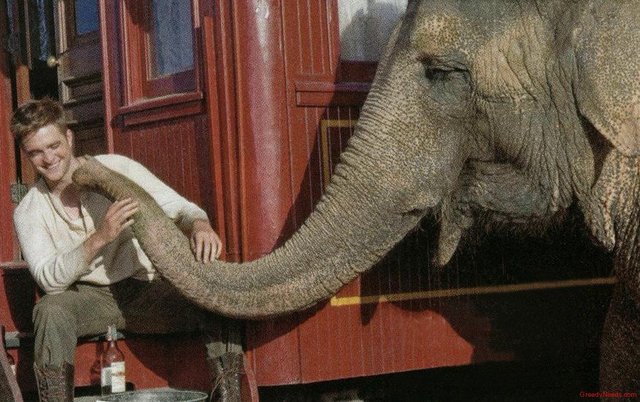
Jacob’s story began in 1931, when the United States was living under the effects of the Great Depression, after the crash of the New York Stock Exchange, which had unleashed an unprecedented economic crisis, generating serial bankruptcies and lots of unemployment.
Young Jacob (Robert Pattinson) was the son of Polish immigrants who had settled in the United States. A tragic coincidence totally changed the life of Jacob, the day that would make the final proof of veterinary course at the renowned Cornell University, his parents died in a traffic accident.
In addition to the death of his parents, Jacob discovers that they had pledged all assets to pay for his university, so he was left absolutely alone and without anything of his own.
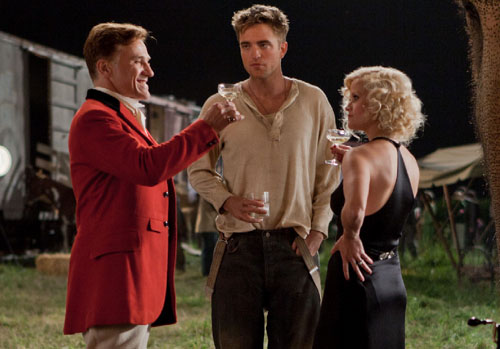
Completely stunned by these losses, Jacob decided to head to the big city to get a job. When taking a ride on a train, he discovers that it was carrying an entire circus, with all its personnel, performers and animals.
Fascinated by the circus spectacle and the possibility of getting a job, he meets the mighty August (Christoph Waltz), the owner of the circus and the lives of everyone around him. The first impression is not good, but when August finds out that Jacob is a veterinarian, he decides to hire him.
The first animal he has to take care of is a horse used by Marlena (Reese Whiterspoon), main attraction of the circus and August’s wife. Understanding that the animal was suffering too much, he decides to sacrifice it, even going against the boss’ orders.
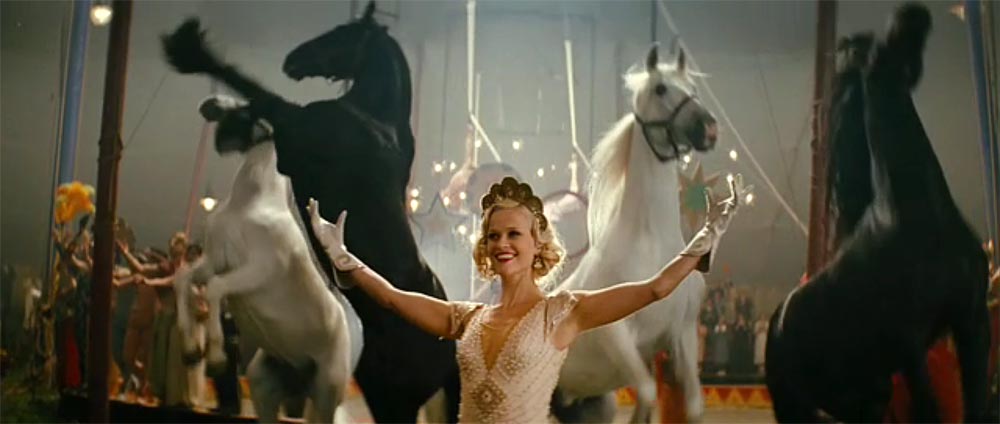
Despite this first disagreement, August and Marlena adopt Jacob into their very small circle of friendship. August’s attitudes, which range from extreme brutality to gentle and seductive charm, always leaves Jacob confused, mainly because he is increasingly attracted to Marlena.
The situation in the circus gets worse, forcing the suspension of salaries and the dismissal of employees. This is done in the most brutal way possible: the fired are simply thrown from the moving train.
The acquisition of an elephant promises to reinvigorate the circus’ battered finances. The problem is that the animal does not live up to August’s expectations, that the animal is brutally attacked when it flees the ring.
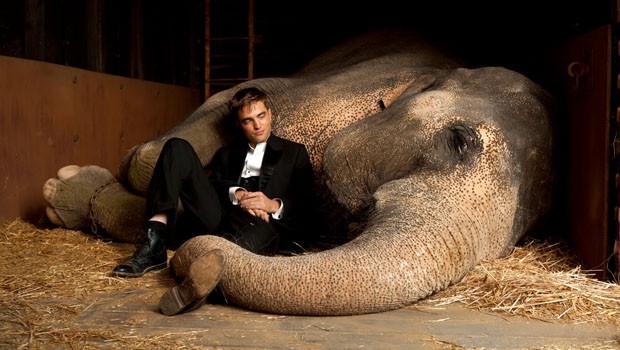
Chance makes Jacob discover the true reason the elephant does not understand the orders of its last owners. The animal had been trained by Poles, and only understood the orders in that language.
With the new attraction working satisfactorily, the circus relives its days of glory, with full house again. But the growing attraction between Jacob and Marlena doesn’t go unnoticed for August, and the confrontation is now just a matter of time.
Based on a successful book, “Water for Elephants” brings to today’s audience a new vision of the United States in the 1930s, when the country and the world were experiencing the disastrous effects of the 1929 stock market crash. Begging for a temporary job, thousands of people roamed around the country, looking for an opportunity.
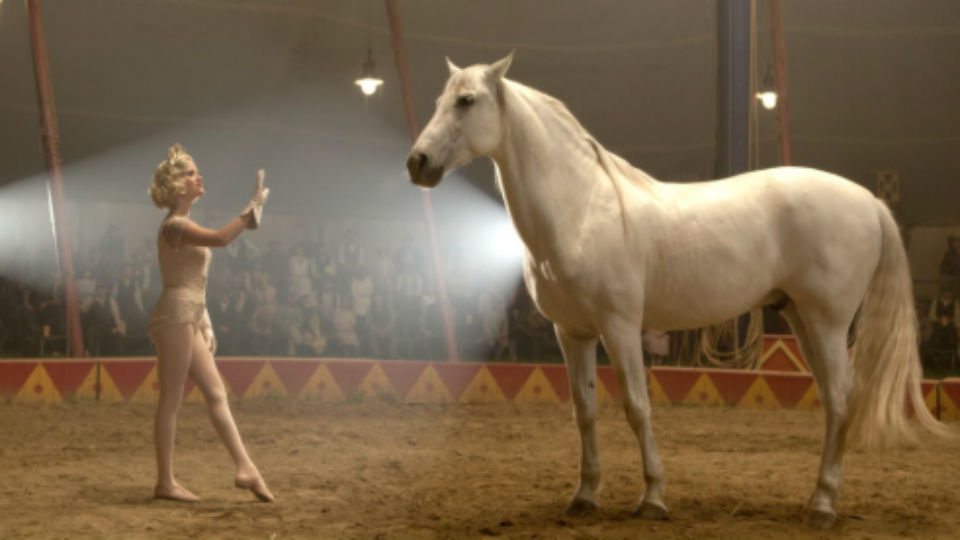
Still, the world of entertainment still survived the hard way, to help endure the harshness of reality. In this context, the cinema and the circus were the remaining entertainments, since even bars were prohibited, due to the Prohibition Law, which prohibited the consumption of alcoholic beverages.
This universe was brought to the screen with remarkable fidelity by director Francis Lawrence, providing the backdrop for the strange love triangle experienced by Pattinson, Whiterspoon and Waltz. Among these, the weak point is Robert Pattinson, more at home as the vampire in “Twilight”. Reese Whiterspoon, in turn, perfectly embodies the long-suffering wife, while the Austrian Christoph Waltz repeats his performance of “ Inglorious Basterds” (USA, 2009), and once again competes for the title of Best Movie Villain since Snow White’s stepmother.
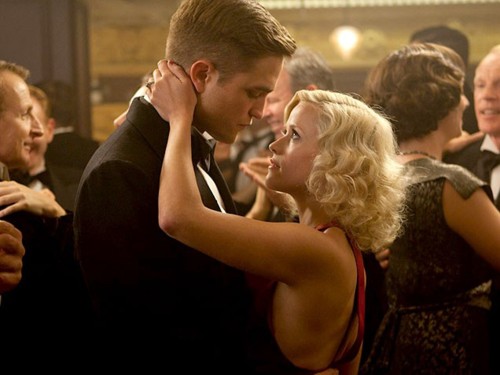
The film’s production is brilliant, bringing with perfection not only the circus universe, but the circus environment of a specific time, which transitioned to a familiar audience, instead of grotesque aberrations. The film also has a beautiful soundtrack, which packs a well-done cinematograph, mainly due to the large amount of night scenes.
“Water for Elephants” is a beautiful film, with enough elements to please both lovers of romantic movies and action stories. Watch and check it out.

